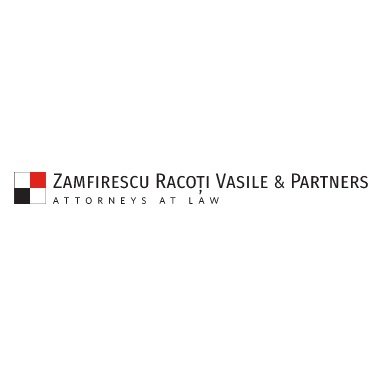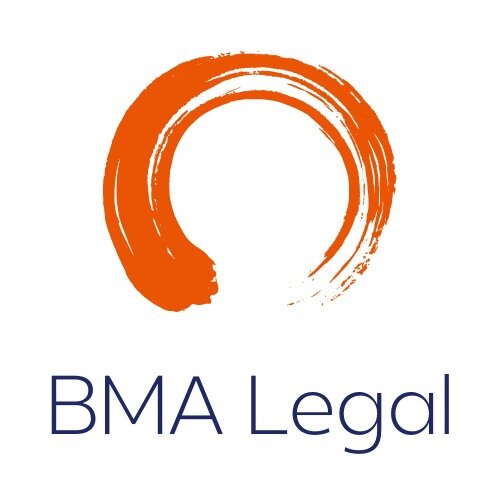Best Child Visitation Lawyers in Bucharest
Share your needs with us, get contacted by law firms.
Free. Takes 2 min.
Free Guide to Hiring a Family Lawyer
List of the best lawyers in Bucharest, Romania
About Child Visitation Law in Bucharest, Romania
In Bucharest, Romania, child visitation law operates under the primary principle of ensuring the best interests of the child. Law no. 272/2004 on child protection law establishes the right of the child to maintain personal relations and direct contact with both parents, even if they are separated or divorced.
Why You May Need a Lawyer
Legal counsel can provide crucial guidance in complex matters like child custody and visitation rights. Some situations where a lawyer might be needed include disagreements on visitation schedules, relocating with the child, and the enforcement or modification of existing visitation orders. A lawyer can also help protect your rights if the other parent is denying visitation rights or if there are concerns about the safety or welfare of the child during visitation.
Local Laws Overview
Under Romanian law, parents have shared parental responsibility even if they are divorced or separated. This responsibility includes maintaining personal relationships and providing emotional and financial support. The non-custodial parent has the right to regular, personal and direct contact with the child and any restriction or denial of this right can only be sanctioned by the court. In exceptional cases, where it is found to be in the child's best interest, the court may also order ‘supervised visitation’.
Frequently Asked Questions
What factors determine visitation rights?
The court considers several factors before granting visitation rights including the child’s age, the ability of the parent to care for the child, the existing relationship between the child and the parent and the child's wishes, particularly if they are of an appropriate age and maturity.
Can visitation rights be modified?
Yes, parents can request modifications to the visitation schedule by filing an application in court. Changes can be granted if there has been a significant change in circumstances and if it is in the best interest of the child.
What can I do if visitation rights are being violated?
Violation of visitation rights can be addressed legally. A lawyer can guide you through the process of filing a complaint with the court. The court may enforce the visitation order, or in serious cases, modify custody arrangements.
What does ‘supervised visitation’ mean?
'Supervised visitation' means that the non-custodial parent may visit the child only in the presence of a third party. Supervision can be done by an agreed person or a professional supervisor, and its objective is the child’s safety and well-being.
Can a parent be denied visitation rights?
Under extreme circumstances where the child's safety or well-being is at risk, the court may deny visitation rights to a parent.
Additional Resources
Various governmental bodies and organizations can provide additional information and assistance. The National Authority for Child Protection and Adoption (Autoritatea Națională pentru Protecția Drepturilor Copilului și Adopție) and the Child Helpline (Telefonul Copilului) offer information and support for child visitation and other related issues.
Next Steps
If you require legal assistance, begin by collecting all relevant documentation relating to your child’s welfare and any prior legal agreements. You should then consult with a lawyer who specializes in Family Law. Additionally, consider seeking support or advice from child welfare organizations.
Lawzana helps you find the best lawyers and law firms in Bucharest through a curated and pre-screened list of qualified legal professionals. Our platform offers rankings and detailed profiles of attorneys and law firms, allowing you to compare based on practice areas, including Child Visitation, experience, and client feedback.
Each profile includes a description of the firm's areas of practice, client reviews, team members and partners, year of establishment, spoken languages, office locations, contact information, social media presence, and any published articles or resources. Most firms on our platform speak English and are experienced in both local and international legal matters.
Get a quote from top-rated law firms in Bucharest, Romania — quickly, securely, and without unnecessary hassle.
Disclaimer:
The information provided on this page is for general informational purposes only and does not constitute legal advice. While we strive to ensure the accuracy and relevance of the content, legal information may change over time, and interpretations of the law can vary. You should always consult with a qualified legal professional for advice specific to your situation.
We disclaim all liability for actions taken or not taken based on the content of this page. If you believe any information is incorrect or outdated, please contact us, and we will review and update it where appropriate.











